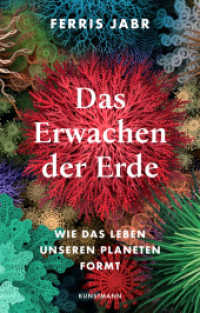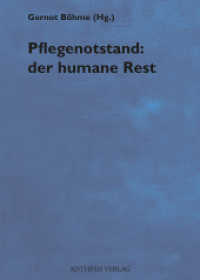Full Description
This two-volume set, LNCS 13826 and LNCS 13827, constitutes the proceedings of the 14th International Conference on Parallel Processing and Applied Mathematics, PPAM 2022, held in Gdansk, Poland, in September 2022.
The 77 regular papers presented in these volumes were selected from 132 submissions.







